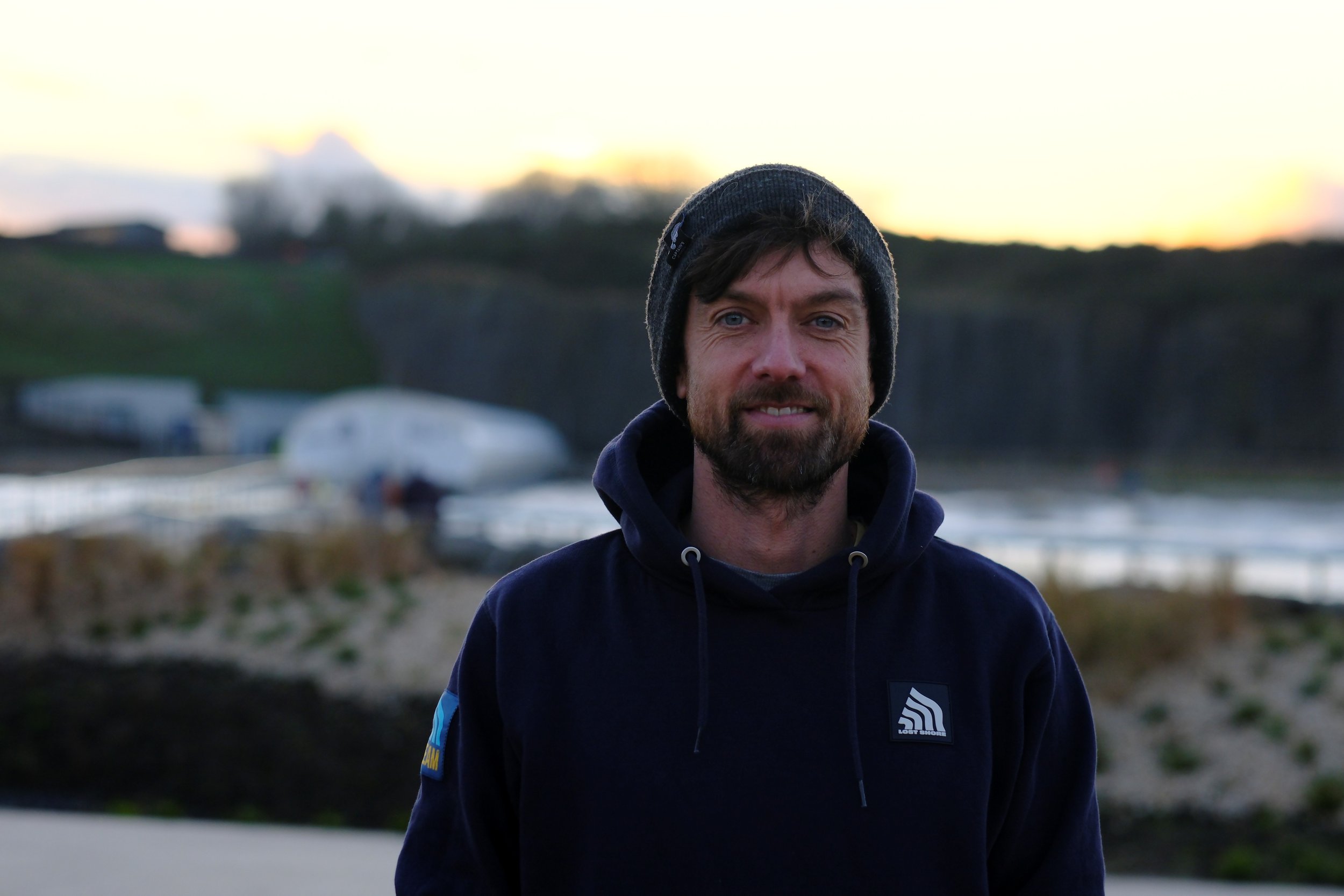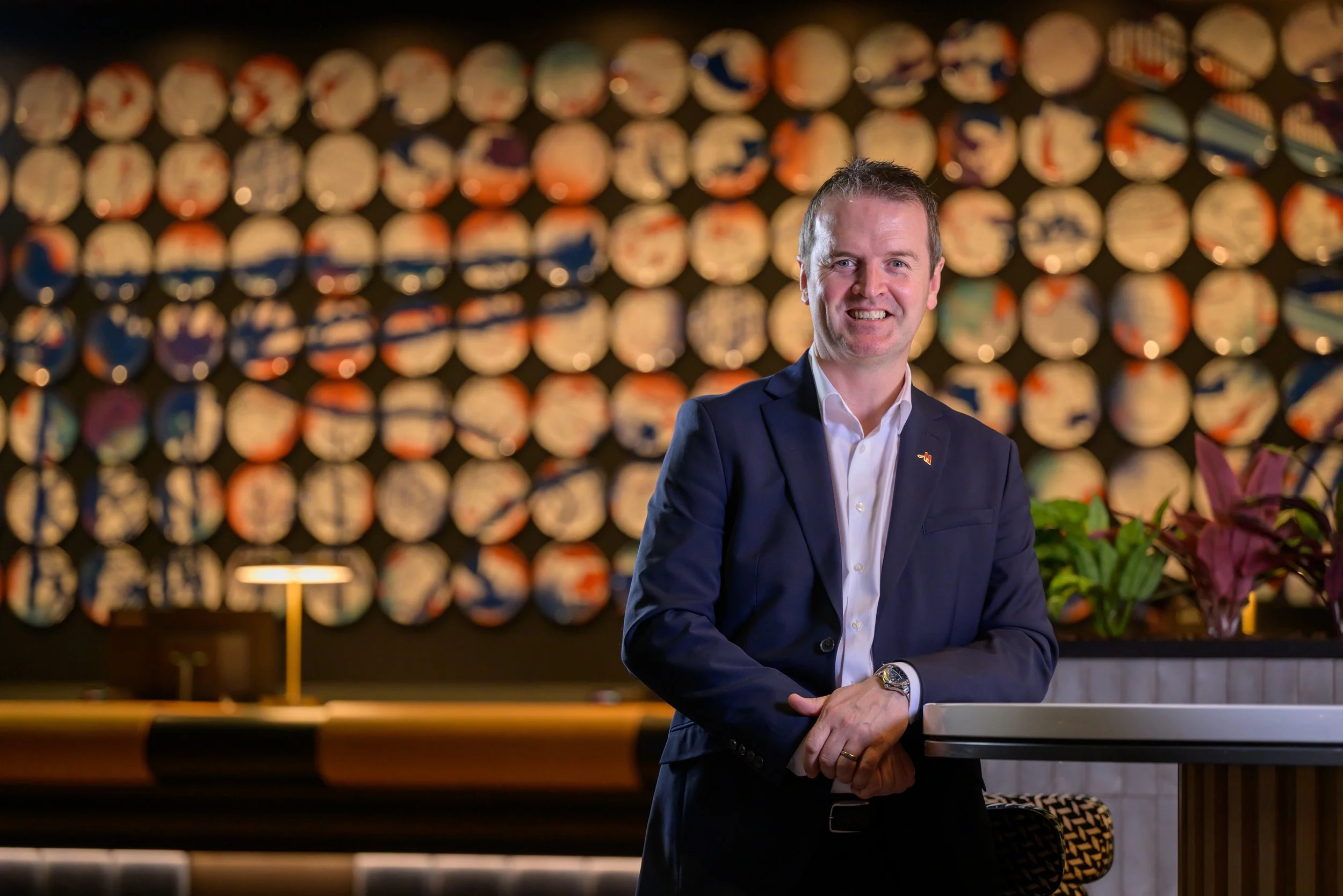Innovation can feed the growing appetite for a sustainable food system
Biotechnology comes into contact with nearly every sector
By 2050 the world’s population is expected to be close to 10 billion, and with it a serious demand for food. Feeding a growing population is a challenge but so too is doing it in a way that reduces the impact on our planet. So how can we sustainably ensure the world has enough to eat?
At Industrial Biotechnology Innovation Centre (IBioIC) this is a challenge we are tackling head on. We have been working over the past six years with academics and over 120 member companies enabling the use of innovative industrial biotechnology (IB) to provide solutions to resources and environmental challenges.
Biotechnology comes into contact with nearly every sector. Looking at waste hierarchy, one industry’s waste or by-product can deliver sustainable solutions to another industry’s problem. This is especially apparent in the food and drink sector where our member organisations are working to create pathways that will deliver a sustainable food system, that in turn can support society and the planet.
In February 2018, the Scottish Government committed to reduce Scotland's food waste by 33% by 2025. Repurposing waste products is a great application of IB. Looking at the food and drink farm to fork supply chain in particular, one of our member companies, MiAlgae, is producing salmon feed made from algae, and this algae has actually been grown using whisky co-products – this process as a whole significantly reduces carbon emissions.
Another IBioIC member company, Argent Energy, is the UK’s leading sustainable biodiesel producer, making clean, green fuel from waste by-products from the food industry such as used cooking oil and waste animal fats.
The opportunities that the IB platform offers is endless; tomato skins and seeds into a zero-calorie sugar substitute, eggs shells into picnicware, and even langoustine shells into sustainable food packaging. All these are examples of repurposing waste resources to produce or process materials, chemicals and energy, and support the delivery of a truly circular economy.
As well as utilising waste in the supply chain, IB can help facilitate sustainable food production. A new challenge that has risen to the fore is in meeting the growing global demand for sustainable protein whether this is for direct human consumption or for the animal feed needed for our agriculture and aquaculture sectors. Biotechnology companies in Scotland are using what we call ‘feedstocks’ from agriculture, marine and forestry in sustainable manufacturing processes to develop sustainable potential sources of protein and wider nutritional products.
We are all witnessing a significant shift in consumer behaviour with more people making the conscious decision to swap meat for alternative non-animal and plant-based derived protein sources more frequently. Again, this is somewhere the IB eco-system is providing sustainable solutions.
IBioIC member company, 3FBio, is producing an efficient alternative to animal protein via the zero-waste fermentation of high-quality protein, converting starch to protein using cost efficient feedstocks. By doing this 3FBio have created a protein ingredient that food companies can use as meat substitute products, protein ingredients or even in pet food.
It is clear to see that IB is an enabling technology that can help to address some of the food concerns the world is facing. Most recently the most significant challenge has been Covid-19. The global pandemic has impacted every aspect of life, including the delicate nature of the just-in-time supply chairs. Food systems and supply chains are complex and spread across different countries, and some sectors rely on the ability to import goods and services. Post-pandemic, we need to build security into key supply chains looking at the options innovation can provide that would allow for a different type of domestic production through the uptake of IB options, providing Scotland with greater resilience.
The continued growth and large-scale application of biotechnology will help to improve food security and help to deliver the green recovery. IBioIC is involved at every link of the supply chain, creating networks and connections, and acts as an interface from farmer to through to multinational businesses.
We have the tools at the ready to ensure a sustainable IB eco-system can be in place, but we need industry and sectors to adapt their behaviours; to consider their processes, their supply chains, and how they can do this in a more sustainable way and taking a cross-sector approach. Once that happens and becomes the norm, the benefit will be huge. We will be able to feed the world without compromising the planet.
Mark Bustard is Chief Executive of Industrial Biotechnology Innovation Centre (IBioIC)







